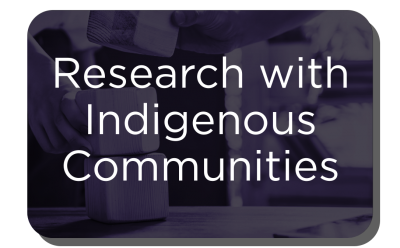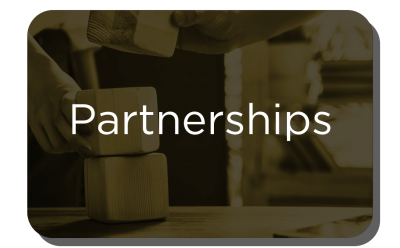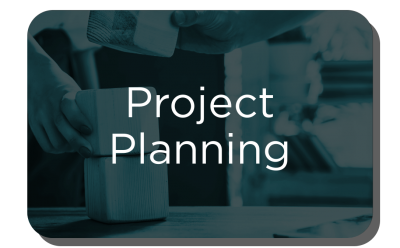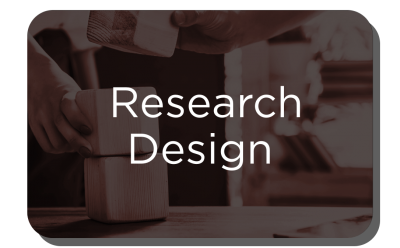Community-Based Research Toolkit
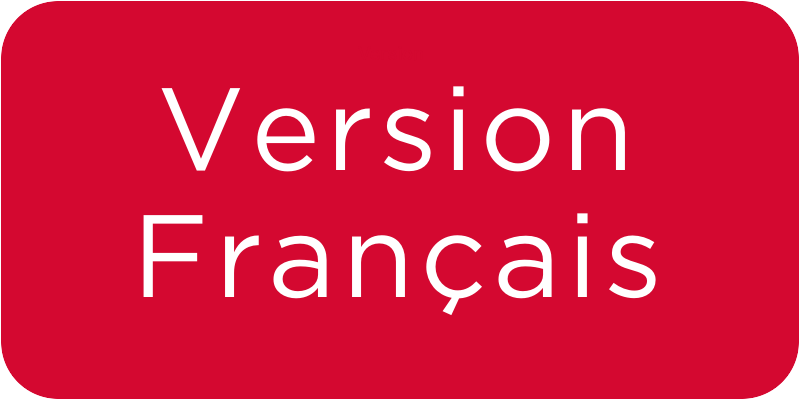
Introducing the Community-Based Research Toolkit
This Community-Based Research Toolkit is intended for community organizations trying to decide if they want to conduct research, and whether they should seek an academic partner to work with to conduct this research. This toolkit is designed as a project development checklist that acts as a guide for things to consider for community organizations conducting a research project.
Community-academic partnerships can expand the capacity, reach, and impact of community-based research. This project development checklist is meant to help guide community-based organizations (CBOs) along the path of community-based research and collaboration by:
- helping identify the needs of the CBO
- providing an outline of things for CBOs to consider when approaching community-based research, whether or not this research will be conducted within a partnership
- providing detailed information on each component of a community-based research project, including links to tools, templates, and other reference materials
How to Use the Toolkit
This toolkit offers guiding information on where to start and what to expect within projects based on experiences in community-campus partnerships within a multi-year community-campus engagement project known as Community First: Impacts of Community Engagement (CFICE).
This toolkit is designed as a project development checklist that presents a list of questions for each step of the research process. More information can be obtained about each of the topics, including a resource list and sample tools to help develop answers to these questions. The resource lists in the toolkit include road maps, templates, frameworks, definitions, etc.
There is no ‘right’ number of questions to have answers to before seeking a research partnership or conducting research. Instead, this toolkit can be used to help guide you to think about all the elements of a research project to determine if this is something you want to do and are able to pursue. Many of these questions are best answered in conjunction with the research team after the partnership has begun, but it’s a good idea to have them on the radar prior to initiating the process. To that end, if many of the topics and questions under the Research Design section sound foreign to you, it might be worthwhile to pursue a research partnership to help guide those aspects of the project.
Explore Project Development Topics
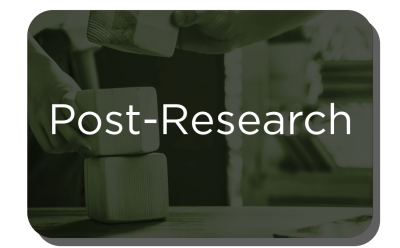
There are also generic resources available online to further help you prepare for a research partnership and community-based research. Some helpful guides are the Access Alliance Community-Based Research Toolkit and the Community Tool Box from the University of Kansas’ Centre for Community Health and Development.
For a more extensive list of community-based research toolkits consult the CFICE List of resources and process suggestions to help NGOs deal with data requests from researchers. The topics and resources provided in this checklist are not exhaustive, but they can serve to give you more information to get you started.
*Note: some of the links may be broken over time and are updated periodically
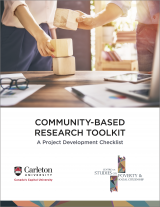
Access the Printable Version of the Toolkit
This work was supported by the Social Sciences and Humanities Research Council of Canada (SSHRC).

